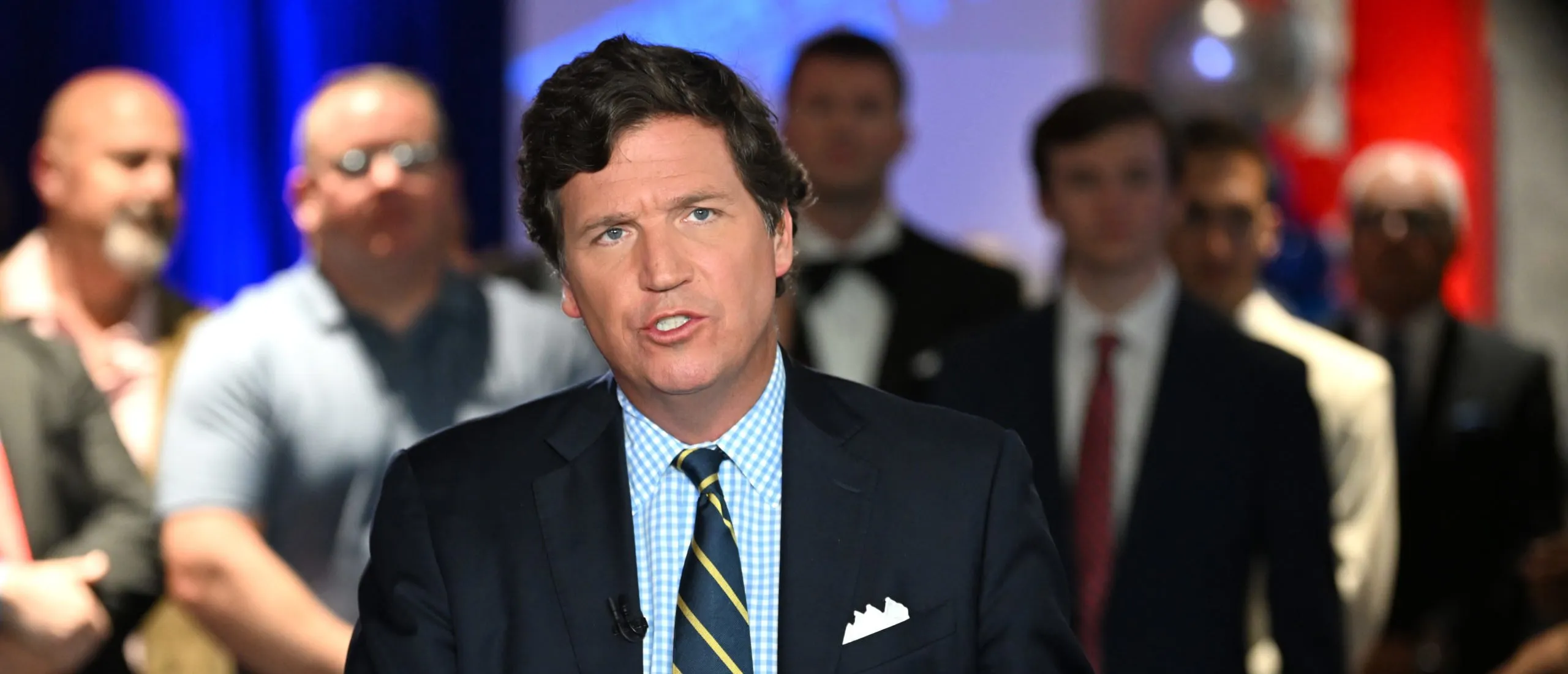“`markdown
Tucker Carlson’s Controversial Comeback: What You Need to Know!
Tucker Carlson, a prominent figure in American media, has made headlines once again following his controversial departure from Fox News and subsequent return to the public eye. Known for his polarizing views and commentary, Carlson has faced numerous accusations over the years, particularly regarding his promotion of racist and anti-immigrant sentiments. His comeback not only reignites discussions about his role in shaping public opinion but also raises important questions about media responsibility and the impact of inflammatory rhetoric.
Carlson’s journey in the media landscape has been marked by significant events that have shaped his reputation. In April 2023, he parted ways with Fox News amid a series of controversies, including a staggering $1.6 billion lawsuit from Dominion Voting Systems over false election claims. His last episode aired on April 21, 2023, just days before the announcement of his exit, which was described as a mutual agreement between him and the network. This departure marked a pivotal moment in his career and the broader media landscape.
One of the most notable controversies surrounding Carlson was his alleged promotion of racist views. His show has been described as one of the most racially charged programs in cable news history, leading to significant backlash from various communities. A leaked text message revealed his views on white men, which further fueled public outrage and contributed to his departure from Fox. Critics argue that such sentiments contribute to a toxic media environment that exacerbates societal tensions.
In addition to his controversial remarks on race, Carlson’s comments on immigration have also sparked outrage. He once suggested that immigrants make the U.S. “dirtier,” a statement that led to advertiser boycotts and intensified scrutiny of his show. Despite these controversies, Carlson has managed to maintain a loyal viewer base, indicating that his brand of commentary resonates with a significant segment of the population.
Carlson’s legal defense has argued that his statements should not be taken literally, highlighting the complexities of media commentary. This defense was notably employed in response to the Dominion lawsuit, where Carlson was implicated for allegedly spreading false narratives about the 2020 presidential election. His private acknowledgment of these falsehoods, as revealed in text messages, further complicates the narrative surrounding his public persona.
The ongoing debate about Carlson’s influence extends beyond television. He has a substantial following on social media platforms, allowing him to shape public discourse in a variety of ways. His return to the media spotlight has reignited discussions about the responsibilities of broadcasters in shaping public opinion, particularly in a time of heightened societal tensions regarding race and immigration.
Carlson’s controversial remarks about the January 6 Capitol attack, where he referred to the events as “mostly peaceful chaos,” drew bipartisan criticism and exemplified the divisive nature of his commentary. Furthermore, his interactions with public figures, such as calling country singer Maren Morris a “lunatic,” have contributed to the discourse surrounding his approach to commentary and its implications for public dialogue.
As Carlson re-emerges in the media landscape, the implications of his comeback are significant. It raises important questions about the future of conservative media and the responsibilities that come with it. The ongoing discussions about his role in shaping public opinion reflect broader societal tensions regarding race, immigration, and free speech.
In conclusion, Tucker Carlson’s controversial comeback serves as a reminder of the complexities of media commentary and its impact on society. As he continues to navigate the media landscape, the discussions surrounding his influence will likely persist, prompting further examination of the responsibilities of broadcasters in shaping public discourse. The implications of his return extend beyond his individual persona, resonating with ongoing societal debates that will continue to unfold in the coming years.
“`






Leave a Comment